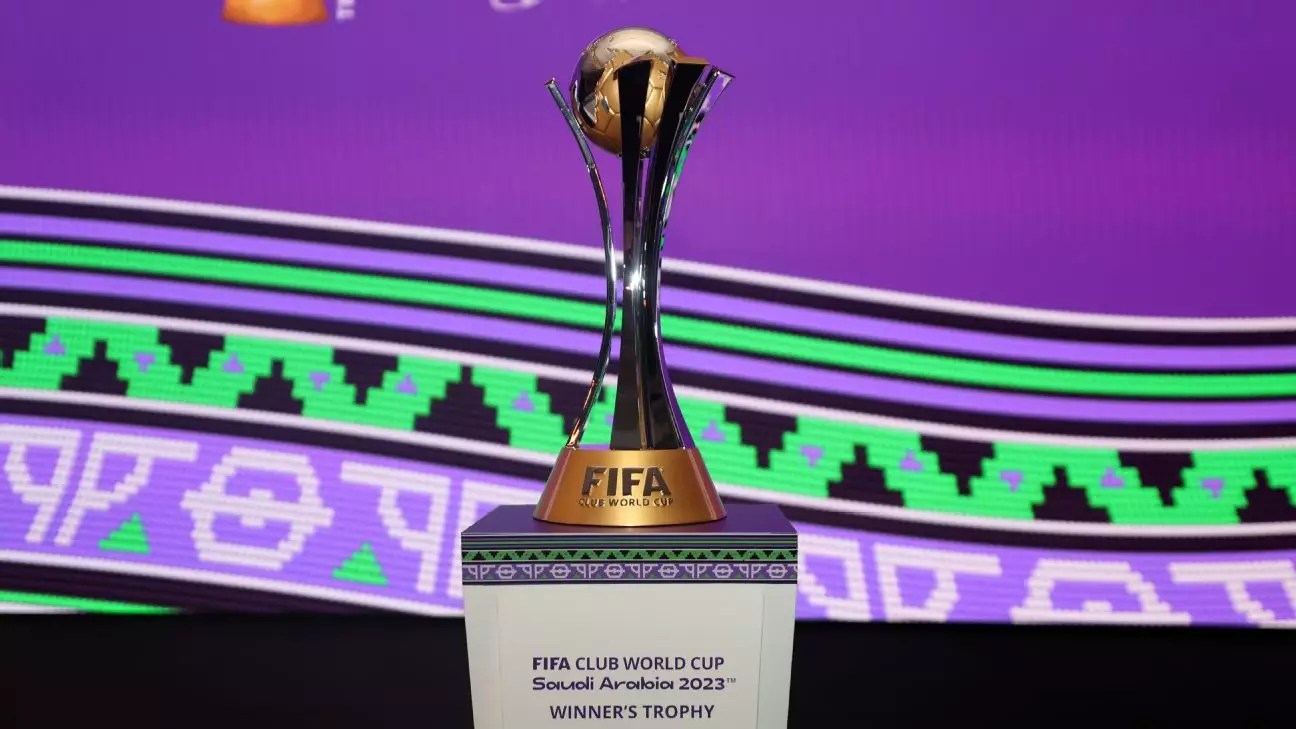FIFA is poised to unveil the venues for the highly anticipated 2025 Club World Cup during the Global Citizen Festival in New York City. Scheduled to take place from June 15 to July 13, 2025, this iteration of the tournament promises to bring together diverse teams across eight stadiums in the United States. Noteworthy locations are expected to include the iconic Rose Bowl in Pasadena, California, alongside prominent venues like Mercedes-Benz Stadium in Atlanta and Hard Rock Stadium in Miami. This expansion of the tournament signifies a shifting landscape in international club football, promising to create a unique sporting event that captures global attention.
The decision to primarily host matches on the East Coast is a strategic move by FIFA, aimed at circumventing potential scheduling conflicts with the Gold Cup, which will be held simultaneously on the West Coast. The inclusion of Lumen Field in Seattle, home to the Seattle Sounders, adds a layer of complexity, particularly given the club’s qualification for the tournament. By carefully selecting venues that accommodate this expanded format, FIFA demonstrates a commitment to ensuring both competitive fairness and logistical efficiency. The focus on venues across various cities not only enhances fan engagement but also brings opportunities for local economies to thrive during this global spectacle.
However, the lead-up to the Club World Cup has not been without its critics. Organizations like FIFPRO and the Professional Footballers’ Association have raised alarms about the potential for fixture congestion and an overwhelming number of games. This concern is especially pertinent given the suggested timing of the tournament, which intersects with traditional international windows. Key stakeholders, including the Premier League, have voiced significant reservations about the implications for player welfare and the overall integrity of the sport.
FIFA President Gianni Infantino has defended the tournament’s scheduling and structural changes, pushing forward with plans to expand the participating teams from seven to an impressive 32. This shift will see twelve clubs from Europe, including powerhouse teams such as Real Madrid and Manchester City, grappling with fierce competition from South America, Asia, Africa, North America, and even Oceania. Each confederation will send a contingent of clubs that reflects the growing global nature of football, and the presence of a host nation slot only amplifies the stakes involved.
As the landscape of international club competitions evolves, the 2025 Club World Cup stands at the forefront of this transformation. It encapsulates not only the ambition of FIFA to globalize football even further but also the complexities and challenges that come with it. The multifaceted discussion surrounding player wellbeing, tournament timing, and logistical planning will continue as the kickoff date approaches. Observers are eager to see if FIFA can balance these concerns with its vision to create a thrilling, unprecedented spectacle in the world of football. Ultimately, the future of the Club World Cup may well redefine the way fans around the globe connect with and experience their favorite sport.


Leave a Reply